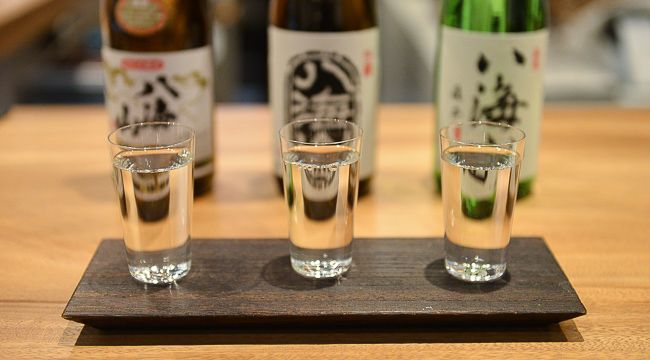9 Alcohol Terms You Need To Remember Before Buying Food In Japan
Japan captivates us in so many ways; from the nature, the people, the city, and even the food! Speaking of food, we know you can't resist trying the many local delicacies that Japan has to offer. But beware Muslim travellers! You must be extra careful when choosing the foods you eat there. More often than not, the foods that seem to be Halal friendly (seafood based or vegetarian) actually contain alcohol *cry*.

We know it's not easy to read the ingredients in every food products you want to buy or even to ask the restaurants staff, especially if the information is written in Kanji and the staff doesn't speak English. But that does not mean we should stop trying, shouldn't we? To guide you, we have picked 9 Japanese alcohol terminologies that are often used as ingredients in Japanese food! So try to remember these terms and avoid them at all cost while you are in Japan.
1. Alcohol (アルコール), Liquor (リ キ ュ ー ル) or Youshu (‘洋酒)
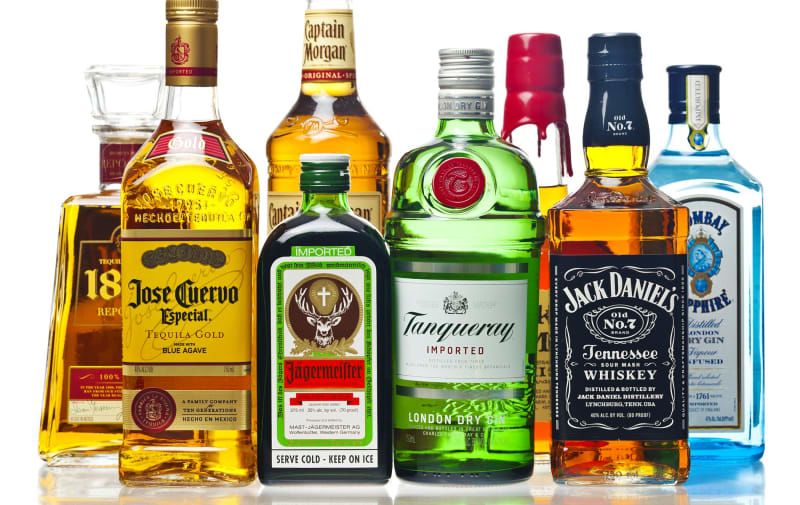
Credit picture to theblacksheeppub.ca
Well, it's an alcohol, so we definitely can't consume it. But, do you know how alcohol is written in Japan? Alcohol is written as ‘アルコール’ (read: Arukooru). Try to remember this and you might be saved from eating non-Halal substance. Alcohol is commonly used in tomato sauce, vinegar, chocolate and sometimes in mix fruit to give a fresh taste and juicy texture to the fruits. Tempted? You better not!The other name of alcohol is Liquor or in Japanese letter is written as ‘リ キ ュ ー ル’ or ‘洋酒’ in Kanji. Liquor can be found easily in ice cream, anin-doufu (processed tofu) and mix fruit.
2. Sake (酒 or 日本酒), 酒精 (Shusei), 酒糟 (Sakekasu), 焼酎(Shouchuu)
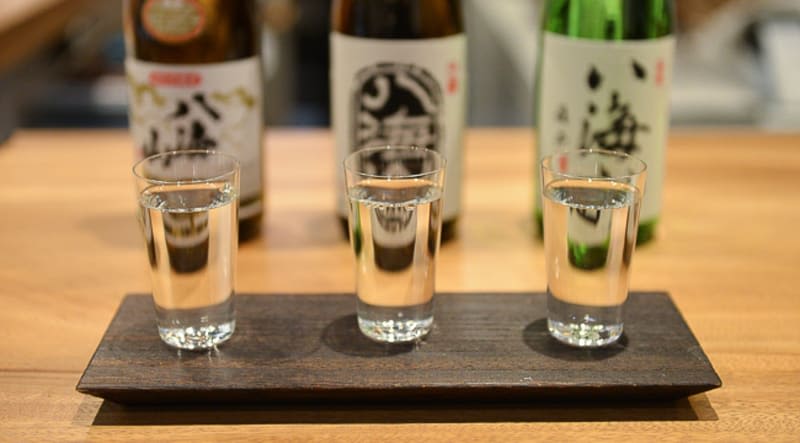
You must have been quite familiar with Sake, haven't you? If we talk about Japanese Liquor, Sake will be first to come to mind. This fermented rice drink is very popular not only in Japan but in other countries too. Apparently, Sake is not only consumed as a drink, it is also commonly used in many kinds of cooking. Japanese chefs love to add sake to give some flavours to their cooking, even for a veggie or fish menu. It is known that Sake can release the delicacy of their cooking. You can also find them at a convenience store too, especially 梅酒(umeshu) that usually looks like any other fruit soda so be really careful when purchasing!
There are so many types of Sake in Japan. From 酒精 (Shusei), 酒糟 (Sakekasu), 焼酎(Shouchuu), and much more. But one thing you must remember to know whether the cooking or the product contain Sake or not, you can check whether it has the Kanji letter for Sake ‘酒’ in the ingredients. So please take a note!
3. Mirin (味醂 or みりん)
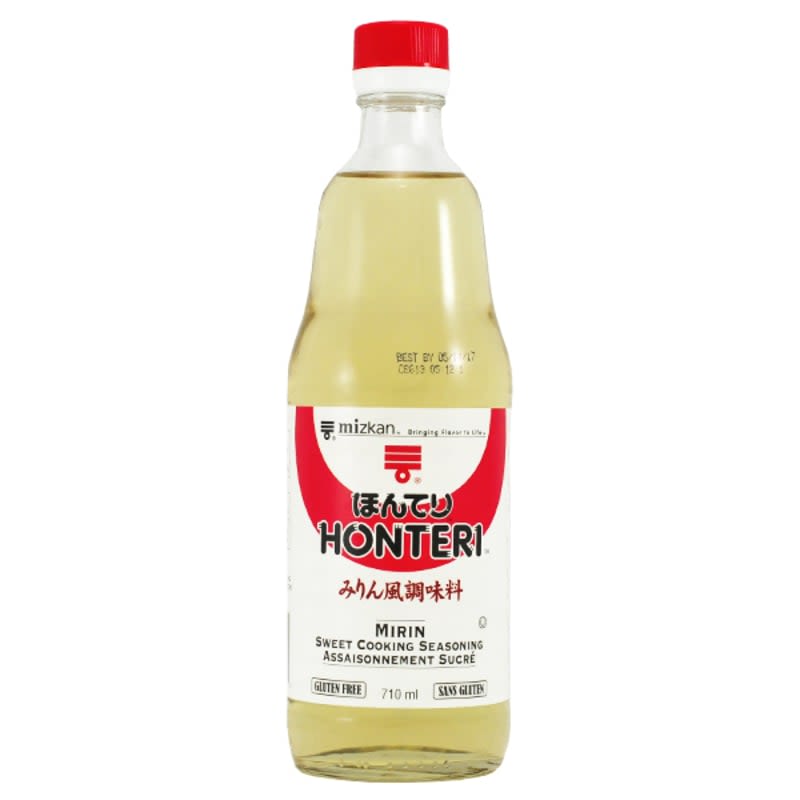
Credit picture to japancentre.com
Have you heard of Mirin before? This ingredient can be found easily in many Japanese foods, especially Sushi. Hopefully you never accidentally eat foods that contain Mirin while in Japan! From now on, let's get to know Mirin better.Mirin is very similar with Sake, it is made from fermented rice. The difference is mirin has much lower alcohol content with higher glucose level than Sake. So basically it almost tastes like sweet ketchup but the texture is more liquid. Mirin is usually already added to the foods before they are being served. Some foods that might contain Mirin are Sushi, Sashimi, Snacks, Miso, etc.
4. Whisky (水割り or ウィスキー)
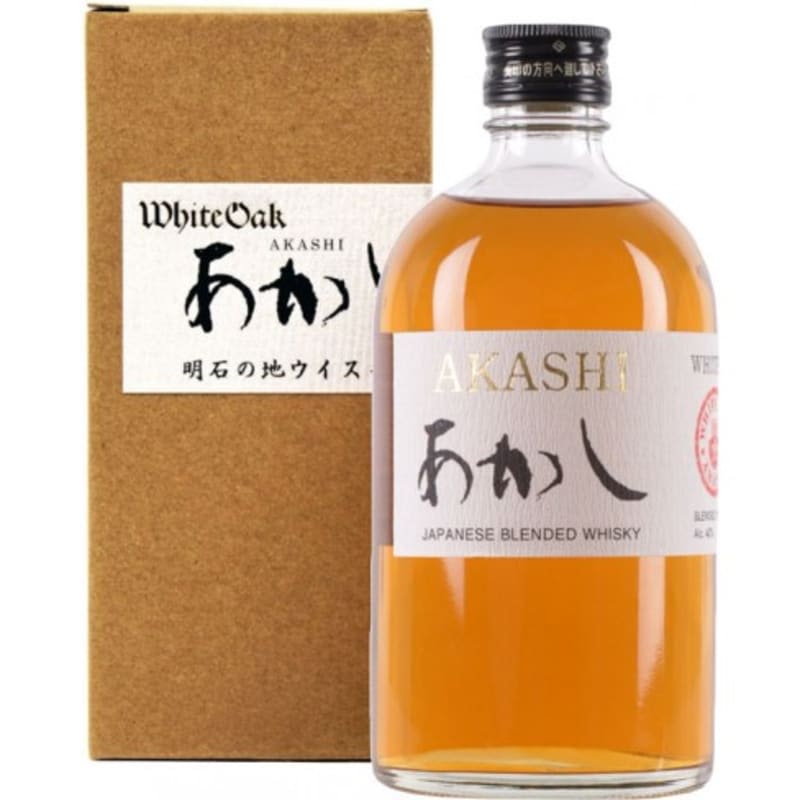
Credit picture to caskers.comWith no doubt, this drink is Haram and can't be consumed by Muslim. In Japan, whisky is sometimes used in the cooking too. Whisky is added into tarts, grilled cooking, stir fry cooking (even the veggie stir fry that seems okay to be consumed by us), so you've got to be really mindful!
5. Wine (ワイン)

We all know Wine is made from fermented grapes and clearly contain alcohol. People say that the longer we keep, the better the taste and the aroma. Wine is typically used in chocolate, jelly, and hot cake. The aroma it produces is really appetising, but no, you can't consume it!
6. Brandy ( ブランデー )
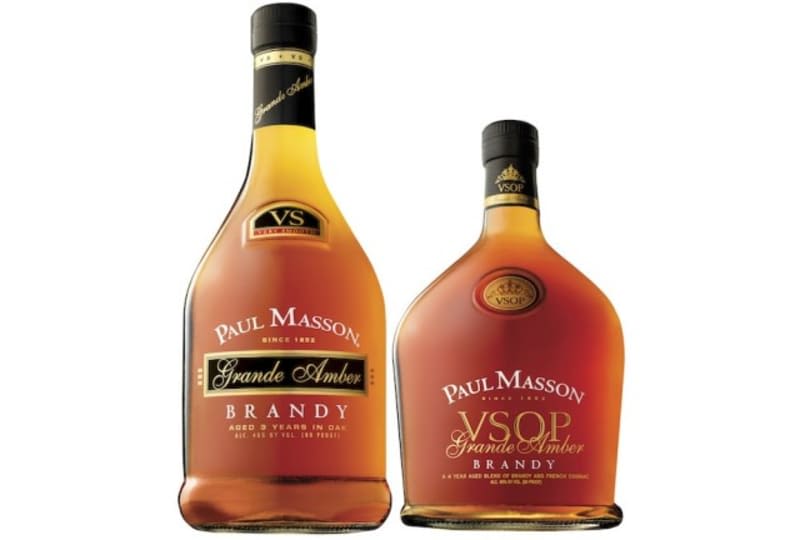
It's sweet and tempting aroma can attract everyone to try this liquor. But remember, Brandy is one of liquor that we should avoid. So stand strong and don't ever try this drink. In Japan, Brandy is often used in cracker and biscuit. So be alert when choosing snacks, kay?
7. Rum ( ラム )
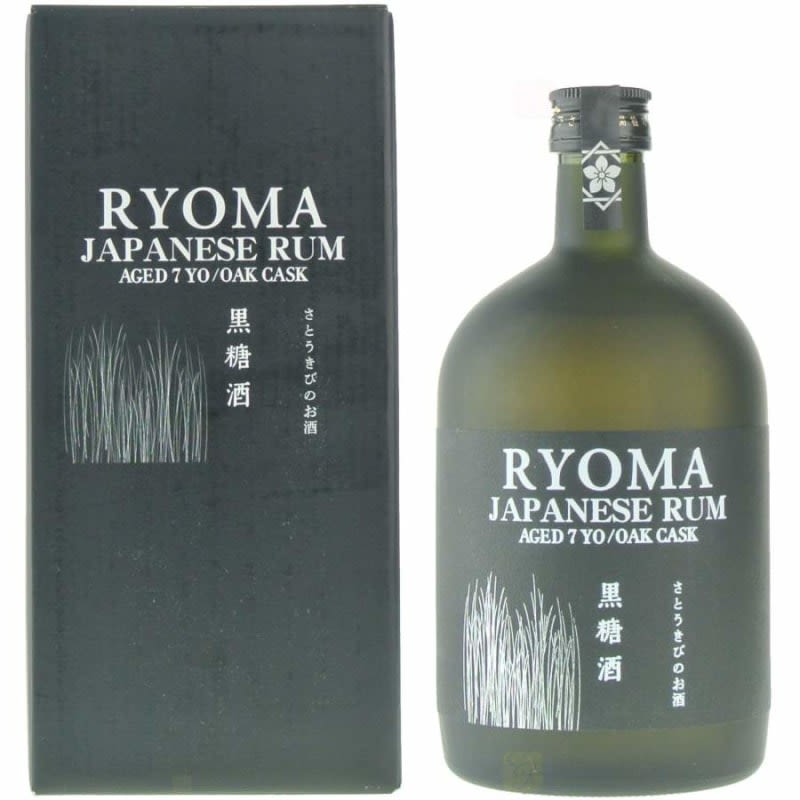
Credit picture to excellencerhum.com
For those who love to bake, you must be familiar with this term. Yup! Rum is an alcoholic liquid made from fermented or distilled sugarcane juice. People love to put rum in their tart, cake, jelly, pudding and chocolate to give an appetising aroma to the cake.
8. Sake Kasu ( 酒糟 )
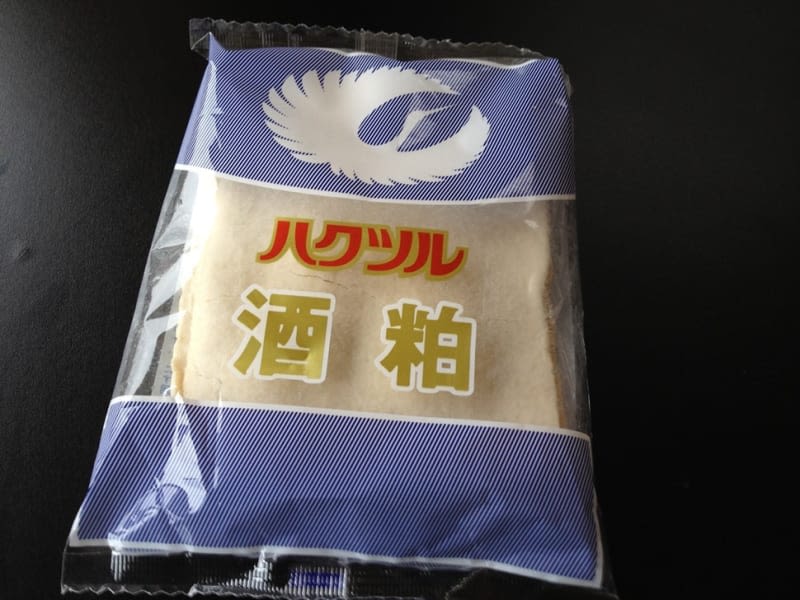
Credit picture to chicagoreader.com
Never heard of Sake Kasu? Same here! Apparently, there are several steps in stripping the rice before it is distilled and fermented to a Sake. The lees left over from this process is known as Sake Kasu. Although the alcohol level is not as high as in Sake it still contains alcohol. Usually, this ingredient is used in spring roll skin, gyoza, cake, jelly, pudding, biscuit, Nabe (boiled cooking), Sushi and much more.
9. Beer( ビール )
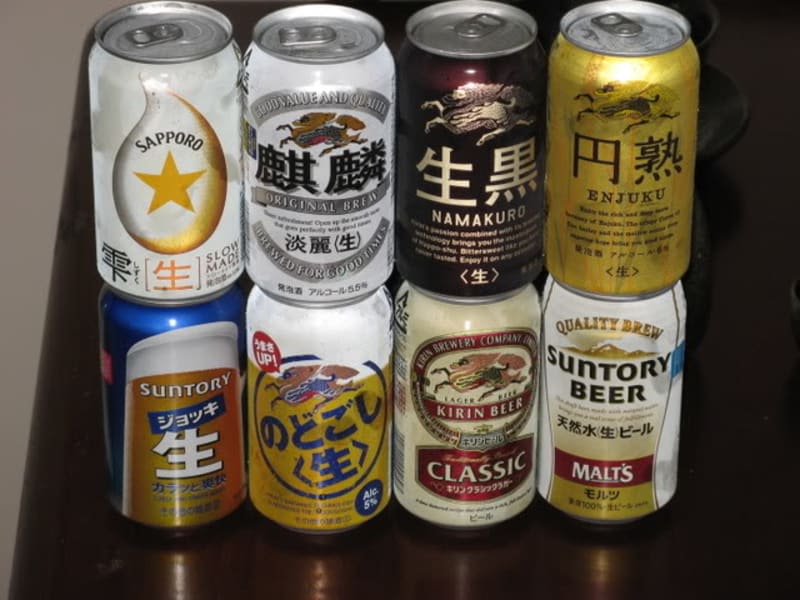
Beer is probably the most popular alcoholic drink and served in almost every restaurant in Japan. Most beers in Japan are pale-coloured with an alcohol strength around 5%. A lot of brands like Asahi, Kirin, Suntory, Enjuku, Namakuro, etc also sell their beer in a tin packaging. Those drinks can be easily found at convenience stores and vending machines. So be careful when you want to buy a tin water, and always make sure to read the label carefully. There are other non-alcohol beers being sold at the convenience store too, but we don't advise you to try it out though!
---
Hopefully, by knowing the Japanese letters of these alcoholic terms, you can avoid consuming non-Halal substances while you are in Japan. Although it takes a time to recognise these term in the menu, it is definitely worth your time. Because staying Halal is all that matters 😉

Make sure to download the compilation of those terms in pdf file below so you can print and refer to it once you are in Japan. However, if you are still not confident in picking your own food, don't worry! Be sure to download Halal Navi apps on your smartphone. Halal Navi will guide you to supermarkets and restaurants that provide many Halal foods options. You can read numerous reviews and Halal tips from other Muslim users who have been to the restaurant to clear up your doubts on its Halal status. So stay Halal and enjoy Japan!


